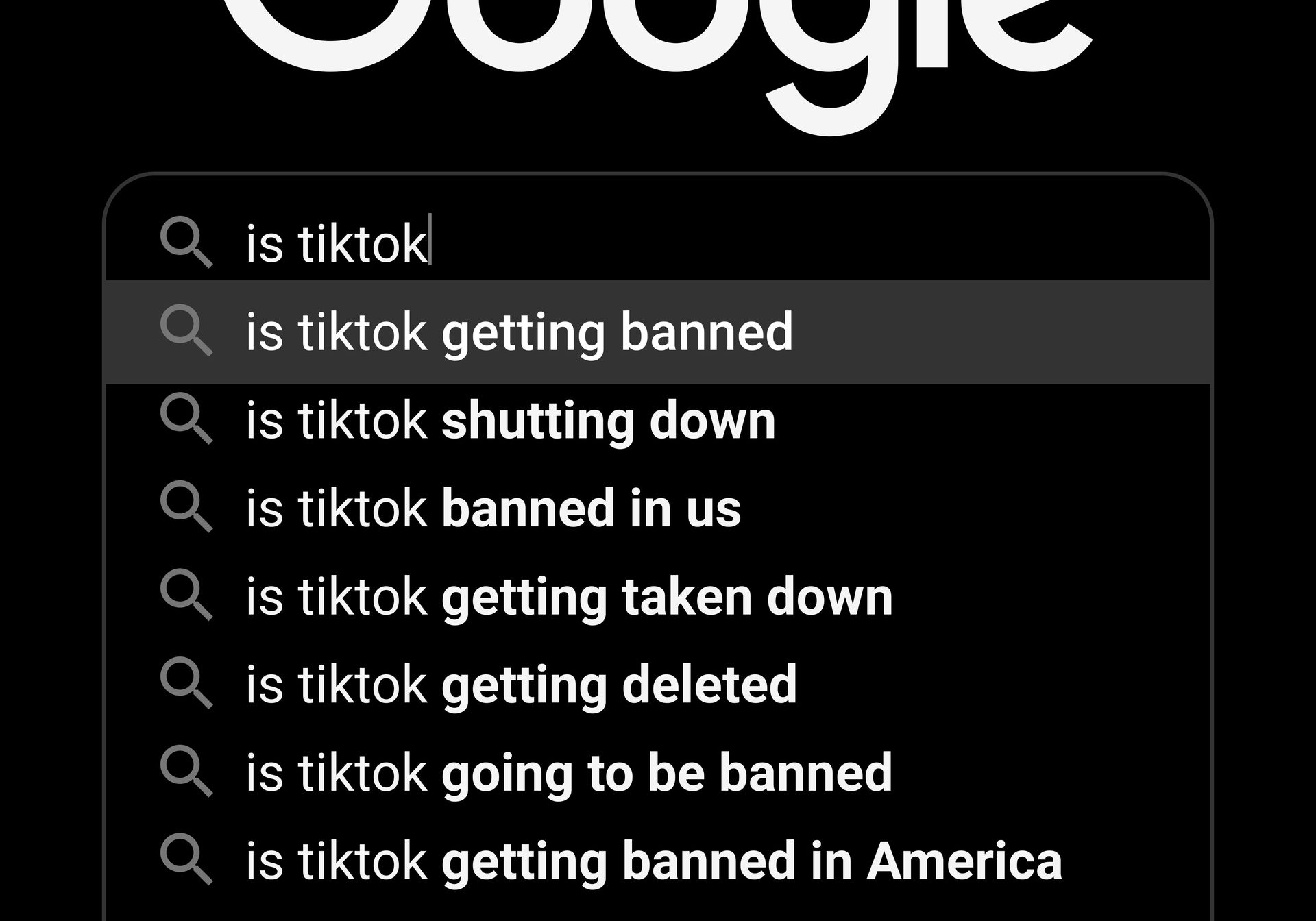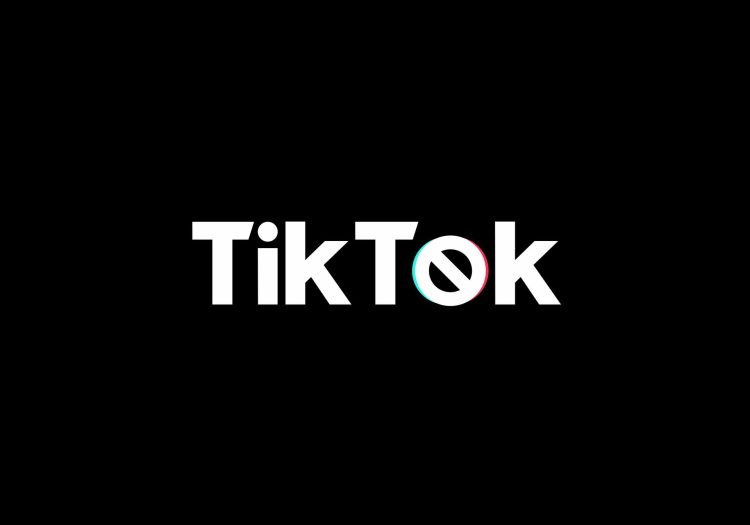The US Senate recently passed the TikTok bill that could potentially lead to a ban on the hugely popular short-form video app.
Social media platforms haven’t faced widespread bans. In 2019, India became the first country to ban TikTok, citing concerns about inappropriate content. The following year, the app faced potential restrictions in the United States due to a national security executive order issued by the Trump administration.
Despite these challenges, TikTok has continued to grow in popularity. However, the debate around potential bans hasn’t subsided, with some US states and government entities implementing restrictions on government-issued devices.
What does the TikTok bill propose?
The TikTok bill, attached to a larger foreign aid package, specifically targets ByteDance, the Chinese tech giant that owns TikTok. The legislation mandates that ByteDance divest itself of TikTok’s US operations within a designated timeframe. Failure to comply would trigger a ban on the app within the United States.
The exact timeframe for the sale is still under negotiation, with initial reports suggesting a one-year window. However, this period might be extended depending on the progress of potential sale discussions.
The bill underscores concerns from US lawmakers regarding the potential for user data to be accessed by the Chinese government. These anxieties stem from China’s national security laws, which compel Chinese companies to cooperate with intelligence agencies when requested.
The bill’s passage highlights the ongoing tensions between the US and China, spilling over into the realm of technology and social media.
the director of F.B.I, Christopher Wray states: “This is a tool that is ultimately within the control of Chinese government,” has told to Congress.
Congress on the other hand asks ByteDance to sell TikTok within the next 12 months and it will be banned if the requirements are not met.
Congress compares TikTok with Instagram
Another issue that attracted attention at the congress was that it was not known how the topics discussed in TikTok were adjusted by the algorithm and how different the topics were from the agenda on Instagram.
Authorities came to the conclusion, based on a comparison with Instagram, that ByteDance was masking hashtags such as “Hong Kong protests” and “Tibet” by the algorithm, topics that the Chinese state considers to be politically disadvantageous to talk about on social media.
TikTok Responds
The prospect of a ban has drawn a strong reaction from TikTok. The company has consistently denied allegations of data sharing with the Chinese government. In a statement, TikTok emphasized its commitment to user privacy and its role in supporting American creators. The company has also indicated its willingness to pursue legal action against the potential ban.
As for the recent TikTok bill, the official TikTok Policy account on X has shared the following post:
It is unfortunate that the House of Representatives is using the cover of important foreign and humanitarian assistance to once again jam through a ban bill that would trample the free speech rights of 170 million Americans, devastate 7 million businesses, and shutter a platform…
— TikTok Policy (@TikTokPolicy) April 18, 2024
Is a TikTok ban for US users imminent?
The future of TikTok in the US remains uncertain. While the Senate’s vote signifies a strong stance against ByteDance’s ownership, the bill still needs to clear several hurdles. President Biden has expressed his intention to sign the legislation. However, legal challenges are a distinct possibility, potentially delaying or even derailing the ban.
Even if the bill becomes law, negotiations between ByteDance and a potential US buyer would be crucial. The success of such negotiations would determine whether the app remains accessible to American users.
The potential impact on TikTok’s massive US user base, numbering in the hundreds of millions, is a significant consideration. The app has become a platform for countless creators, fostering careers and shaping online culture.

A ban would undoubtedly disrupt this ecosystem, forcing creators to find alternative platforms and potentially impacting their livelihoods.
The situation surrounding TikTok reflects the increasingly complex relationship between the US and China in a technologically interconnected world. The bill’s passage is just the first step in a potentially lengthy process, with the ultimate fate of TikTok in the US yet to be decided.





